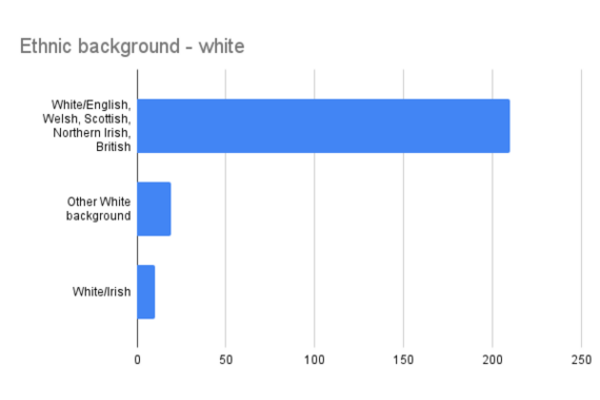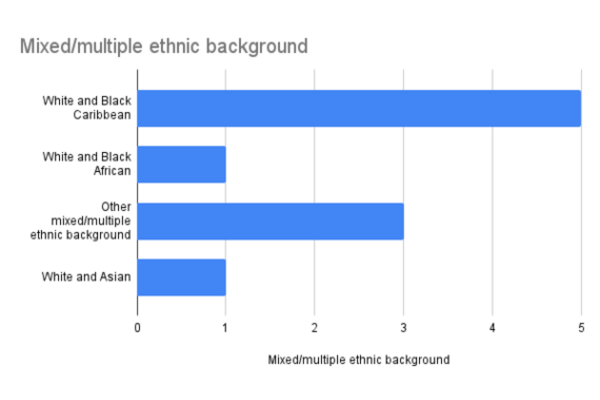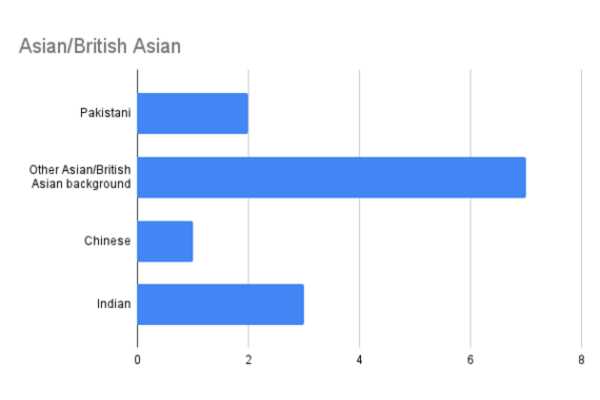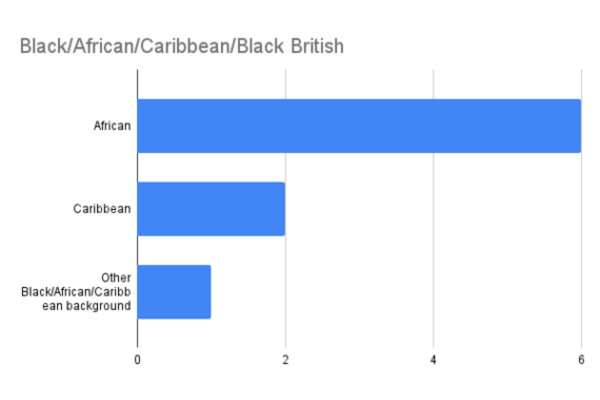One of our aims as a charity is to "Remove the barriers to the full participation of people with mental health conditions in higher education and beyond, encouraging the development of a culture in which people with mental health conditions studying in higher education is a mainstream notion". We use our voice and influence to assert the needs of all students with mental health conditions.
The law
It is unlawful to discriminate directly or indirectly in recruitment or employment because of a ‘protected characteristic’. The Equality Act 2010 defines the protected characteristics as being age, disability, sex, gender reassignment, pregnancy and maternity, race (which includes colour, nationality, caste and ethnic or national origins), sexual orientation, religion or belief, or because someone is married or in a civil partnership.
You can find out more about the Equality Act 2010 on the Equality & Human Rights Commission (EHRC) website.
Our commitment
We are committed to providing equal opportunities in employment, membership and volunteering and to avoiding unlawful discrimination. The work of our membership is to support those who may be open to discrimination and unfair treatment and so this is a central theme of our work as a charity. This policy is intended to assist putting this commitment into practice. Our aim is that our work is free of harassment and bullying and that everyone is treated with dignity and respect.
Please click on the button at the bottom of the page to download our Equality & Diversity policy.
Contact us at [email protected] for accessible versions of any of our documents.
Data
Equality of opportunity has always been a central tenet of UMHAN's work, but we recognise that as an organisation, and as a sector we need to prove this commitment.
One of the ways we are doing this is through data. We have only recently begun collecting equality data from new members, and the graphs below therefore provide a snapshot of this information, and represents about 40% of our membership as of February 2024. What is obvious is that our membership reflects a lack of diversity across the student support sector, however, we believe that as an organisation we can provide transparency on this issue as well as a welcoming and inclusive culture.
We have also started collecting equality data from our Trustees, and have identified the need to recruit a more diverse board to ensure that we are representative both of our members and students with mental health conditions. We now have a named Trustee responsible for Equality & Diversity.
Membership equality data February 2024
This data is from applicants for membership from April 2020, responding to an anonymous, optional survey.
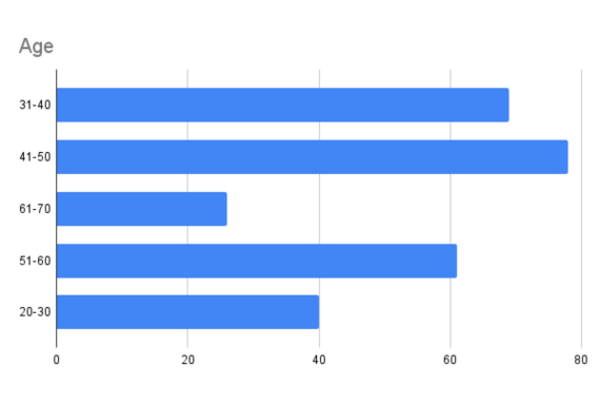
The majority of our members are aged between 31-60 which reflects the skills and experience often asked for to undertake relevant roles.
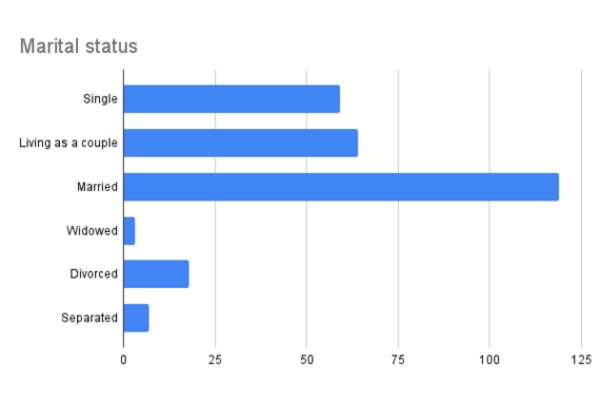
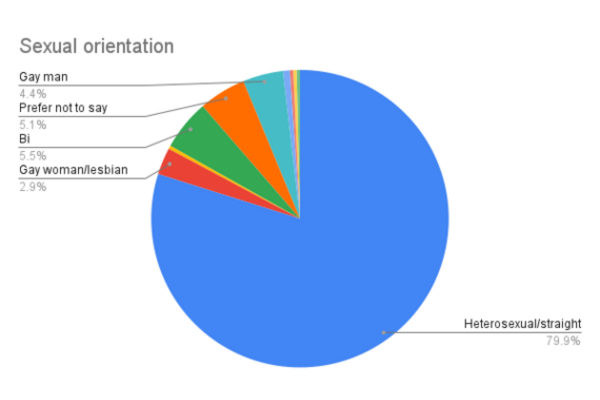
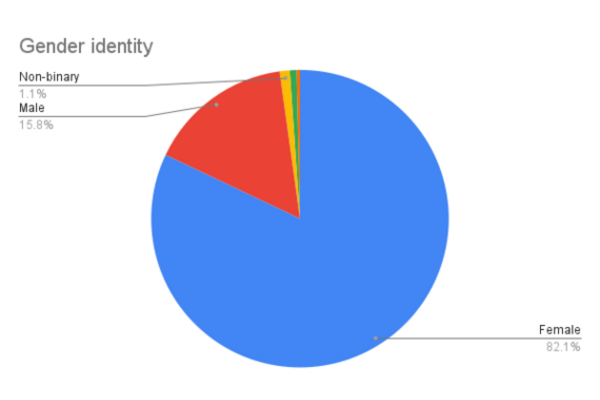
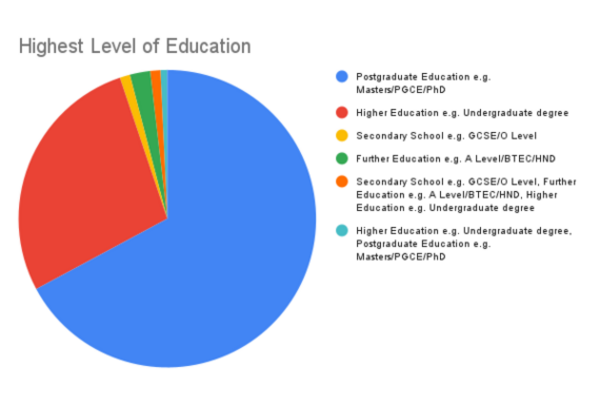
The majority of members are educated to postgraduate level; our Accredited Practitioner membership requires professional or postgraduate qualification.
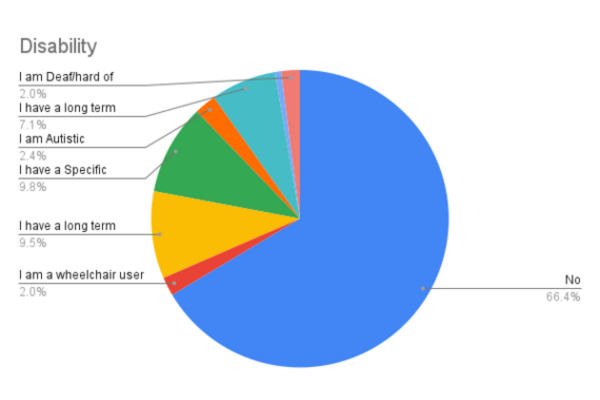
Although the chart is split into individual disability types, respondents can select more than one. As reflects student cohorts, many who select "I have a long term mental health condition" also select another disability type - most often a long term physical health condition.
